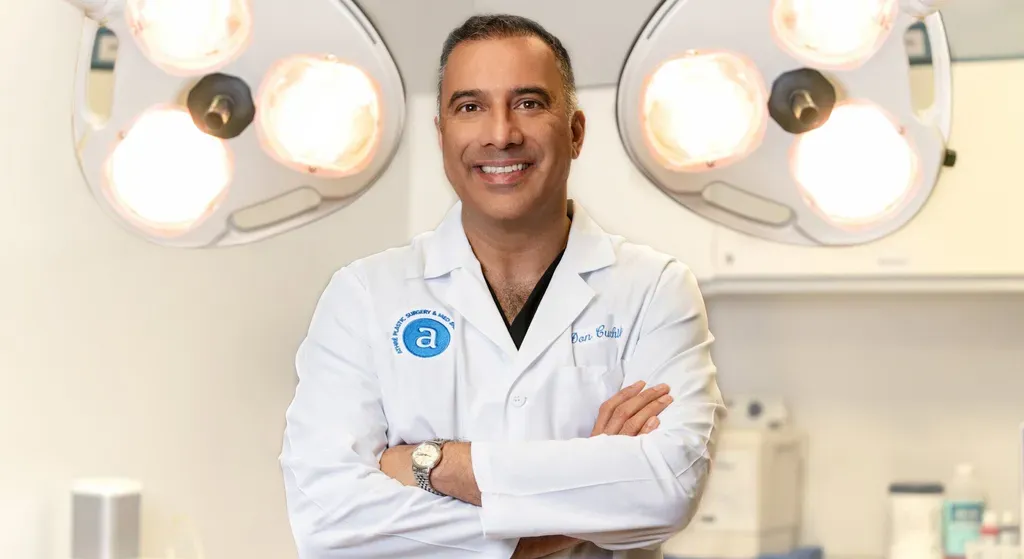
Rhinoplasty, also known as nose reshaping surgery or a “nose job,” is one of the most popular cosmetic surgeries performed today. Many people seek rhinoplasty to reshape their nose and improve their facial appearance. However, it is not entirely uncommon for some people to be dissatisfied with the results of their initial rhinoplasty. This can lead to a revision rhinoplasty, which is a second procedure in order to correct the previous results.
Correcting a Nose Job Is More Common Than You Think!
According to studies conducted by the American Society of Plastic Surgeons, the overall rate of revision rhinoplasty is around 15%. For every 20 patients who have a rhinoplasty, on average 3 of them will need some sort of revision procedure. Keep in mind, though, that this number can vary considerably based on a surgeon’s skill and experience, along with the techniques they use. Skilled surgeons are more likely to deliver satisfying results the first time around.
How Soon Is “Too Soon” for a Revision Rhinoplasty?
In general, revision rhinoplasty is typically done at least 12 months after the initial procedure. This is a good amount of time to allow the nose to heal properly and to get a good sense of the final result. It is also important to note that the right time for a revision rhinoplasty may vary depending on the patient. For example, you may need to wait longer than 12 months if your nose requires more complex changes or if it has not healed properly. In these cases, your Houston facial plastic surgeon may advise you to wait longer before undergoing a revision rhinoplasty.
Finding the Right Facial Plastic Surgeon
With any type of plastic surgery, finding the right surgeon is one of the most important things to check off your list. Your surgeon should be a board-certified facial plastic surgeon who has performed revision rhinoplasty specifically for the concern you have. Not all surgeons who perform initial rhinoplasty also perform revision rhinoplasty. This is because revision procedures are in most cases more complex. Your surgeon should be able to explain his or her approach to the revision work, and what outcome they believe is achievable following surgery.



